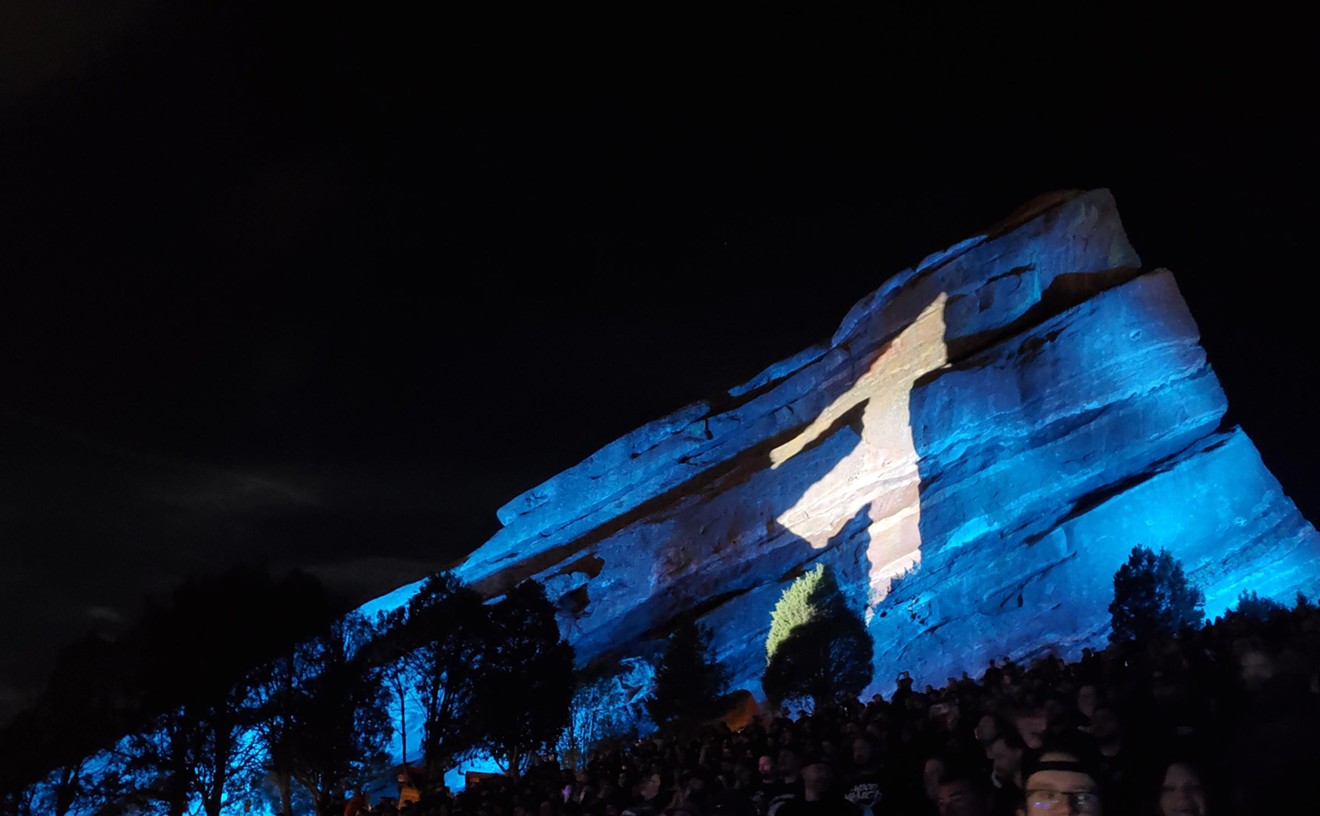It's kind of confusing logic if you think too long about it. Twenty years after Sonic Youth supposedly destroyed its careers and fan base, we're at a crossroads where the very notion of selling out seems to have disappeared. Everything about the industry has changed, and Albini's quotes seem irrelevant, especially with regard to Sonic Youth.
Back in the '80s and '90s, selling out meant signing to a major label, getting a cushy tour bus and supplementing all that fame and glory with tons of studio time. The prospect was appealing and dreaded all at once. Green Day, Jawbox, Jawbreaker, Hüsker Dü, the Replacements, Sonic Youth and many others accepted the challenge, to varying results. Only a few of those artists are still making music today.
These days, selling out doesn't mean a damn thing. Did you know Lucero signed to Universal Republic records (did you know it's called Universal Republic now?)? How about Built to Spill or the Decemberists? Have you ever picked up one of their albums and said to yourself, "Wow, this sounds like a major-label band." Exactly. It's all just "rock" any more.
The last few years, we've seen indie acts featured on prominent television shows (Scrubs was famous for its indie-music montages), we've seen careers made by TV commercials (Feist's "1234" being a perfect example), and we've seen bands go viral and garner fans with no help from deep-pocketed labels.
Hell, we've even seen bands like Passion Pit, Battles and Coldcut appear in video games. The labels, for all intents and purposes, have disappeared. They've reverted back to being businesses and not tastemakers. They help fund a record, but it's the band's job to really sell it.
Corporate sponsorship is still around, but it's coming in bizarre forms. Taco Bell has its "Feed the Beat" program, which is "fueling" touring bands with $500 Taco Bell gift cards. Converse is offering free studio space for bands. Hell, Arcade Fire had the official song from last year's Super Bowl.
Arcade Fire is a good band to dwell on here: The band is not on a major label, but it sold out Madison Square Garden. Arcade Fire managed to, at least by Albini's definition, "sell out" without actually penning a deal with a major label. What has changed here?
First off, the distribution system has changed. With digital delivery, it's more difficult for major labels to sell full-length albums based on one song. That said, they're still really damn good at producing singles you'll hear in clubs and on the radio for months on end.
There's also unprecedented access to bands with social networking. Back in the '80s and '90s, selling out could have meant something as small as, ahem, an interview with a major publication. Now the entire world is constantly interviewing bands.
There is also the simple fact that major labels aren't as appealing as they once were. Bands are going to take any form of success they can get, because nobody is buying music anymore. Fact is, a major label can't offer much more luxury than an indie.
Labels like Merge, Sub-Pop, Rough Trade and Matador have remained tastemakers while the majors have dissolved into a mess of mergers and ownership quarrels to the point where we don't even know who owns whom anymore.
The industry has changed in a way that selling out doesn't mean what it used to. Where it once meant gold teeth and swimming pools, now it just means a band has another opportunity to survive. Appearing on TV in a commercial or on a show can be a blessing, but the bands still need to push their image after the fact.
To be perfectly honest, if we hear a beloved "indie" act in a commercial these days, we usually just mutter something like "Weird" and move on. It doesn't mean a damn thing anymore, because we're just happy to know our favorite musicians might be able to continue making music. Selling out isn't about excess anymore; it's about sustainability. In the '90s it was cool to rag on bands for selling out; now it's hardly even noticeable.










